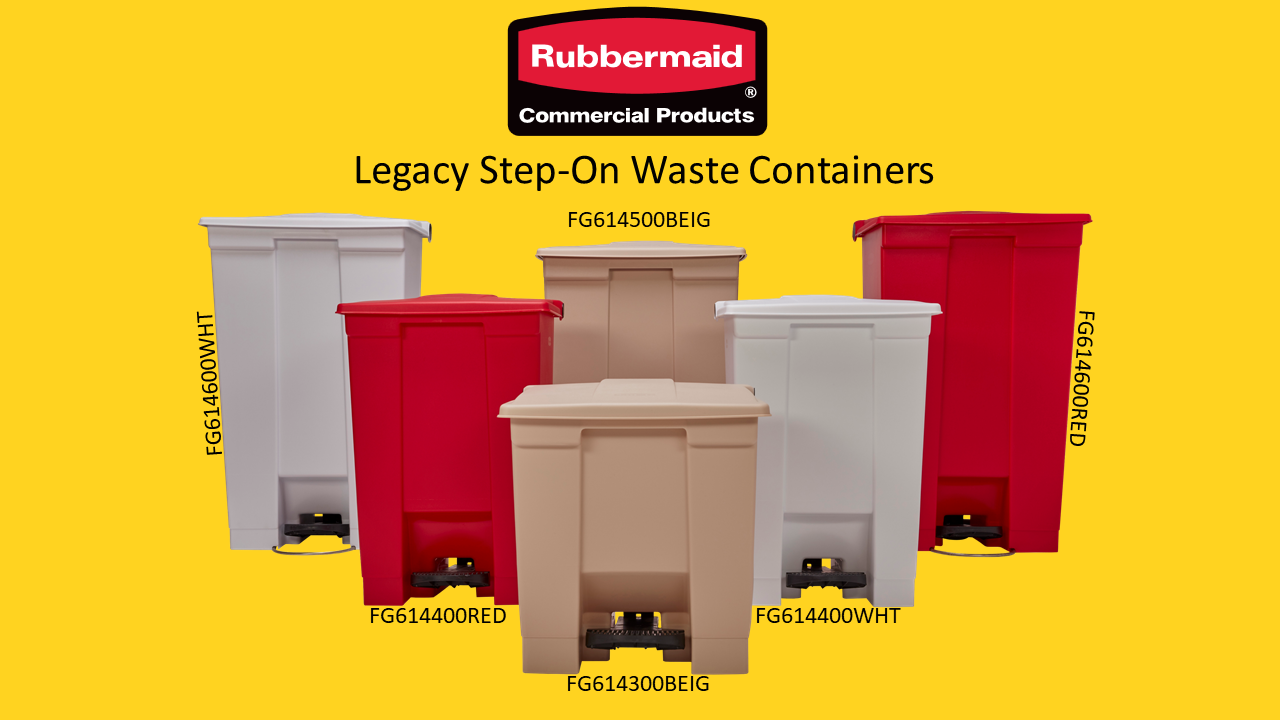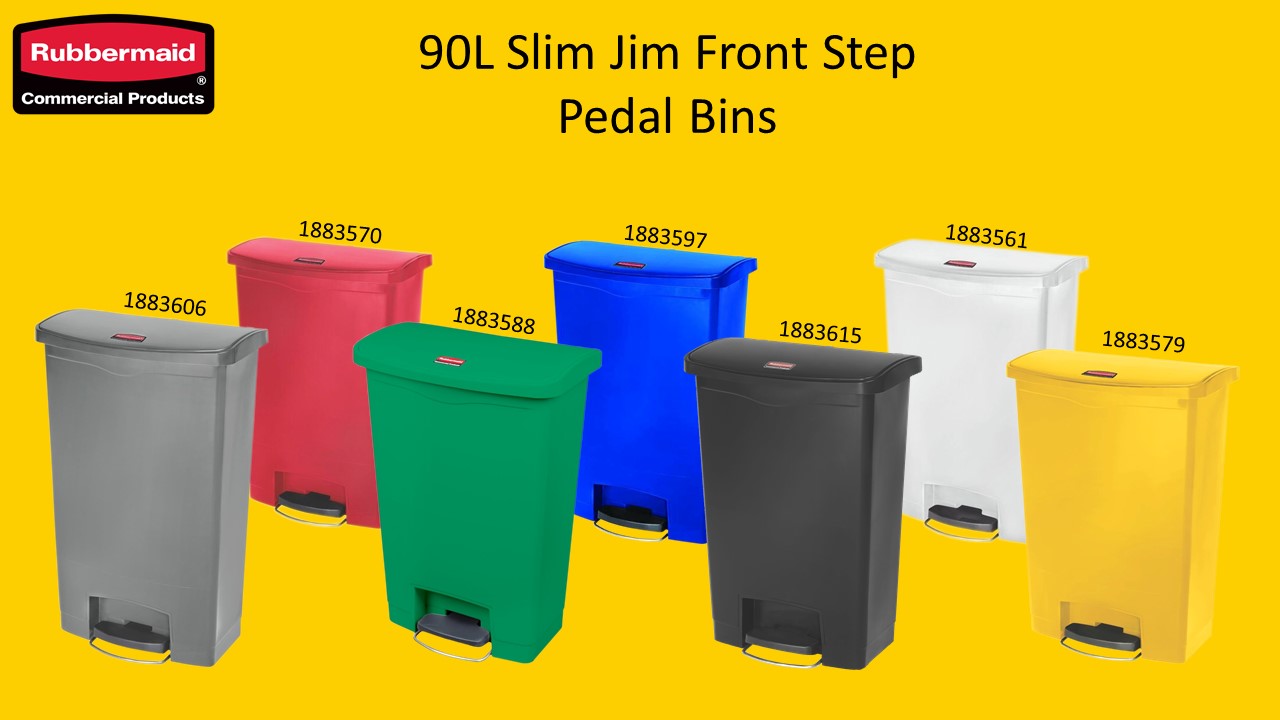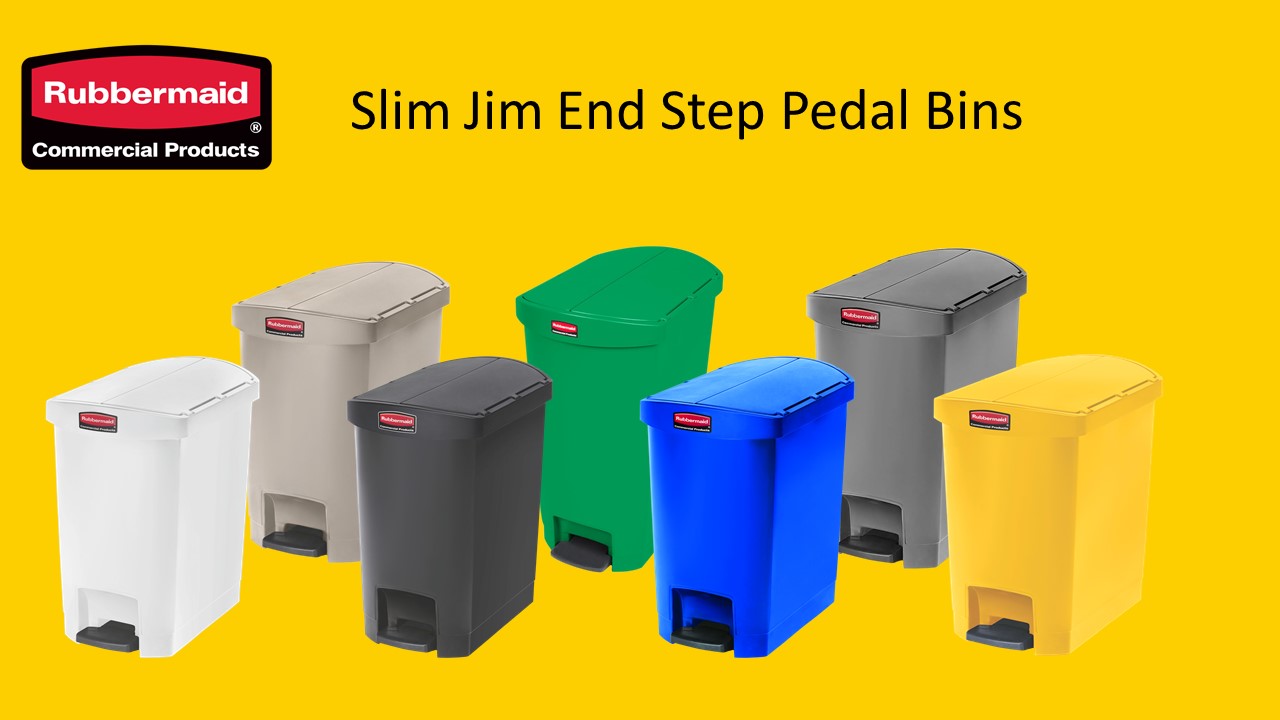Returning to Work: Face Coverings and Waste Disposal in the Age of COVID-19?
On Sunday 10 May, Prime Minister Boris Johnson addressed the nation to detail what he described as “a road map for reopening society” (2020). Within this address, Johnson emphasised that those who were unable to work from home, such as construction workers “should be actively encouraged to go to work” whilst also encouraging people, where possible, to avoid public transport, or wear a face covering while on trains or buses.
However, while those who couldn’t work from home returned to their jobs, businesses and schools began to plan for their potential reopening on June 1 or, at the earliest, July. To assist, the Department for Business, Energy & Industrial Strategy published a number of 50-page documents that would directly relate to a range of different working environments, many of which share similar guidelines.
As part of our ongoing support to customers, old and new, this blog post will detail government guidelines for the application and disposal of PPE/face coverings.
Is there a difference between PPE and face coverings?
Government documents, published to assist with the safe reopening of businesses, is explicit with its differentiation between PPE and face masks, and this move to separate PPE from face coverings is consistent across all industries.
According to government documentation PPE is equipment or clothing that “protects the user against health or safety risks at work. It can include items such as safety helmets, gloves, eye protection, high visibility clothing, safety footwear and safety harnesses. It also includes respiratory protective equipment, such as face masks.” However, official government documentation states that face coverings, are “not the same as a face mask, such as the surgical masks or respirators used by healthcare…[and] not the same as the PPE used to manage risks like dust and spray in an industrial context” and are, instead, something very simple that covers the nose and mouth, and can be worn in environments where social distancing is not possible, or difficult to maintain (2020).
So, should employees be provided with PPE?
According to government guidance, “Workplaces should not encourage the precautionary use of extra PPE to protect against COVID-19 outside clinical settings.” This is to protect the supply of PPE and ensure that those working in healthcare environments, or other industries that require PPE to protect against health and safety hazards at work, are able to procure the appropriate equipment to work safely (2020).
But are face coverings effective?
The Government maintain that evidence regarding the efficacy of face coverings protecting against COVID-19 remains “weak” and should not replace other methods for managing risk, such as “minimizing time spent in contact [with others], using fixed teams and partnering for close-up work, and increasing hand and surface washing.”
Face coverings are not a legal requirement, and wearers should be prepared to remove them for the purposes of identification with police and other staff members. However, employers are encouraged to support staff who choose to wear one and are advised to inform workers that they should:
- wash hands thoroughly with soap and water for 20 seconds or use hand sanitiser before putting a face covering on, and after removing it
- avoid touching face or face covering, to prevent contamination from any germs that are on hands
- change face covering if it becomes damp or if it has been touched
- continue to wash your hands regularly
- change and wash your face covering on a daily basis
- if the face covering is washable, it should be washed in line with manufacturer’s instructions
- if it’s not washable, dispose of it carefully in your usual (general) waste
- continue practising social distancing wherever possible (2020)
For instructions on wearing or making your own face covering, please visit Public Health England’s website at https://www.gov.uk/government/publications/how-to-wear-and-make-a-cloth-face-covering/how-to-wear-and-make-a-cloth-face-covering
Once a face covering has been worn, doesn’t it become classed as clinical waste?
The current definition of clinical waste, as detailed in The Controlled Waste (England and Wales) Regulations 2012, is “waste from a healthcare activity (including veterinary healthcare) that:
(a)contains viable micro-organisms or their own toxins which are known or reliably believed to cause disease in humans or other living organisms,
(b)contains or is contaminated with a medicine that contains a biologically active pharmaceutical agent, or
(c)is a sharp, or a body fluid or other biological material (including human or animal tissue) containing or contaminated with a dangerous substance within the meaning of Council Directive 67/548/EEC on the approximation of laws, regulations and administrative provisions relating to the classification, packaging and labelling of dangerous substances
And waste of a similar nature from a non-healthcare activity” (2012).
Within a clinical setting, PPE would largely be disposed of in a manner suitable for the waste type based on its European Waste Catalogue code and its institutional guidelines. Before the COVID-19 outbreak, home healthcare workers were expected to transport waste back to their institution for proper disposal, or arrange collection of it to be transferred to a suitable disposal facility.
Government advice maintains that face coverings, as described above, should be disposed of in general waste if they are not washable (2020). However, this advice changes if there is a suspected case of COVID-19. The method for dealing with this is outlined by Public Health England, and can be found in this post under the question “We’ve had a suspected case of COVID-19…”
I work in a school; do I not need PPE?
The Department for Education’s guidance for schools’ states that the “majority of staff in education settings will not require PPE beyond what they would normally need for their work, even if they are not always able to maintain a distance of 2 metres from others.” However, the guidance available to schools does state that PPE may be required in “a very small number of cases” that include:
- “children, young people and students whose care routinely already involves the use of PPE due to their intimate care needs should continue to receive their care in the same way
- If a child, young person or other learner becomes unwell with symptoms of coronavirus (COVID-19) while in their setting and needs direct personal care until they can return home. A fluid-resistant mask should be worn by the supervising adult if a distance of 2 metres cannot be maintained. If contact with the child or young person is necessary, then disposable gloves, a disposable apron and a fluid-resistant surgical face mask should be worn by the supervising adult. If a risk assessment determines that there is a risk of splashing to the eyes, for example from coughing, spitting, or vomiting, then eye protection should also be worn” (2020).
We’ve had a suspected case of COVID-19, and waste such as tissues and cloths need disposing of, what should I do?
Public Health England states that waste from possible cases should be:
- “put in a plastic rubbish bag and tied when full
- The plastic bag should then be placed in a second bin bag and tied
- It should be put in a suitable and secure place and marked for storage until the individual’s test results are known.
Waste should be stored safely and kept away from children. You should not put your waste in communal waste areas until negative test results are known or the waste has been stored for at least 72 hours” (2020).
How Can SOHO help?
At SOHO Commercial, we stock a large number of products that can help you achieve a clean and safe environment, while placing anxious employee's minds at ease, particularly with regard to the disposal of waste. Below are a few of the products we stock that will help you provide a hygienic waste disposal solution for your staff and public.

Rubbermaid’s Legacy bins, part of the Workplace Essentials range that has been created to help businesses identify products that are easy to use and help safeguard employees and patrons, is a robust polyethylene container. Its puncture-resistant construction helps to increase product service life, while the smooth surfaces and rounded contours ensure that the product is easy to clean, thus promoting effective sterilisation.
The Legacy pedal bin promotes hygienic waste disposal thanks to the hard-wearing pedal mechanism, and the slow-close lid with integrated damper conceals unsightly waste, traps unpleasant odours, and prevents airborne bacteria or spores escaping into the atmosphere.
The legacy bin also comes in a range of sizes (30, 45, 68, and 87 litre), making this a viable and cost-effective solution for waste management.
Rubbermaid Slim Jim Front Step Step-On Pedal Bins

Although the image shows the 90L version of the Slim Jim Front Step pedal bin, they are also available in 15L, 30L, 50L and 68L variants.
Manufactured from durable polyethylene resin, the Front Step-On Slim Jim bins have been designed to meet the needs of environments that may be short on space. The small footprint and slim line construction ensure that they can fit into tight spaces without impacting on capacity. The hands-free, pedal operation for opening the lid (featuring internal hinges that stops damage to surfaces against which it may be situated) protects users from the risk of infection by eliminating the need to touch the bin’s surfaces; potentially contaminated throughout the days use. The container’s slow close lid not only conceals unsightly waste and unpleasant odours, but also traps airborne bacteria and spores.
The container’s smooth surfaces and rounded contours have also been designed to make it easy to clean. Not only does this reduce the time required to ensure that it is completely sterilised, but it also helps to achieve a high standard of hygiene within the work place.
Rubbermaid Slim Jim End Step Step-On Pedal Bins

Much like the Front Step equivalent, the End Step Slim Jim pedal bin is a durable polyethylene resin bin that has been designed for space conscious environments. However, unlike the Front Step Slim Jim, these come with an additional plastic liner included that helps protect the container casing from potential damage be caused by waste. The moulded liner is also leak-proof and will prevent the spillage of fluids onto carpets or flooring, maintaining a safe, clean area.
The pedal operated mechanism also eliminates the need to open the container by hand, greatly reducing the risk of infection from potentially contaminated surfaces.
The slimline design greatly reduces the footprint of the container, meaning it can be placed in tight spaces, and the pedal, situated on the end of the containers, allows it to be placed between objects without impacting on accessibility.
If you are interested in further discussing your waste disposal options for returning to work, feel free to contact us at sales@sohocommercial.com. Alternatively you can call our friendly sales team, who will be happy to help with any enquiries you may have, on 0208 394 2088.
Sources
Department for Business, Energy & Industrial Strategy (2020) Working safely during coronavirus (COVID-19). Available at: https://www.gov.uk/guidance/working-safely-during-coronavirus-covid-19 (Accessed: 18 May)
Department for Education (2020) Coronavirus (COVID-19): implementing protective measure in education and childcare settings. Available at: https://www.gov.uk/government/publications/coronavirus-covid-19-implementing-protective-measures-in-education-and-childcare-settings/coronavirus-covid-19-implementing-protective-measures-in-education-and-childcare-settings (Accessed: 1 June)
Johnson, B. (2020) PM address to the nation on coronavirus: 10 May 2020. Available at: https://www.gov.uk/government/speeches/pm-address-to-the-nation-on-coronavirus-10-may-2020 (Accessed 13 May)
Public Health England (2020) COVID-19: cleaning in non-healthcare settings. Available at: https://www.gov.uk/government/publications/covid-19-decontamination-in-non-healthcare-settings/covid-19-decontamination-in-non-healthcare-settings (Accessed 2 June)
The Controlled Waste (England and Wales) Regulations 2012 (SI 2012/811). Available at: http://www.legislation.gov.uk/uksi/2012/811/contents/made (Accessed: 25 May)

